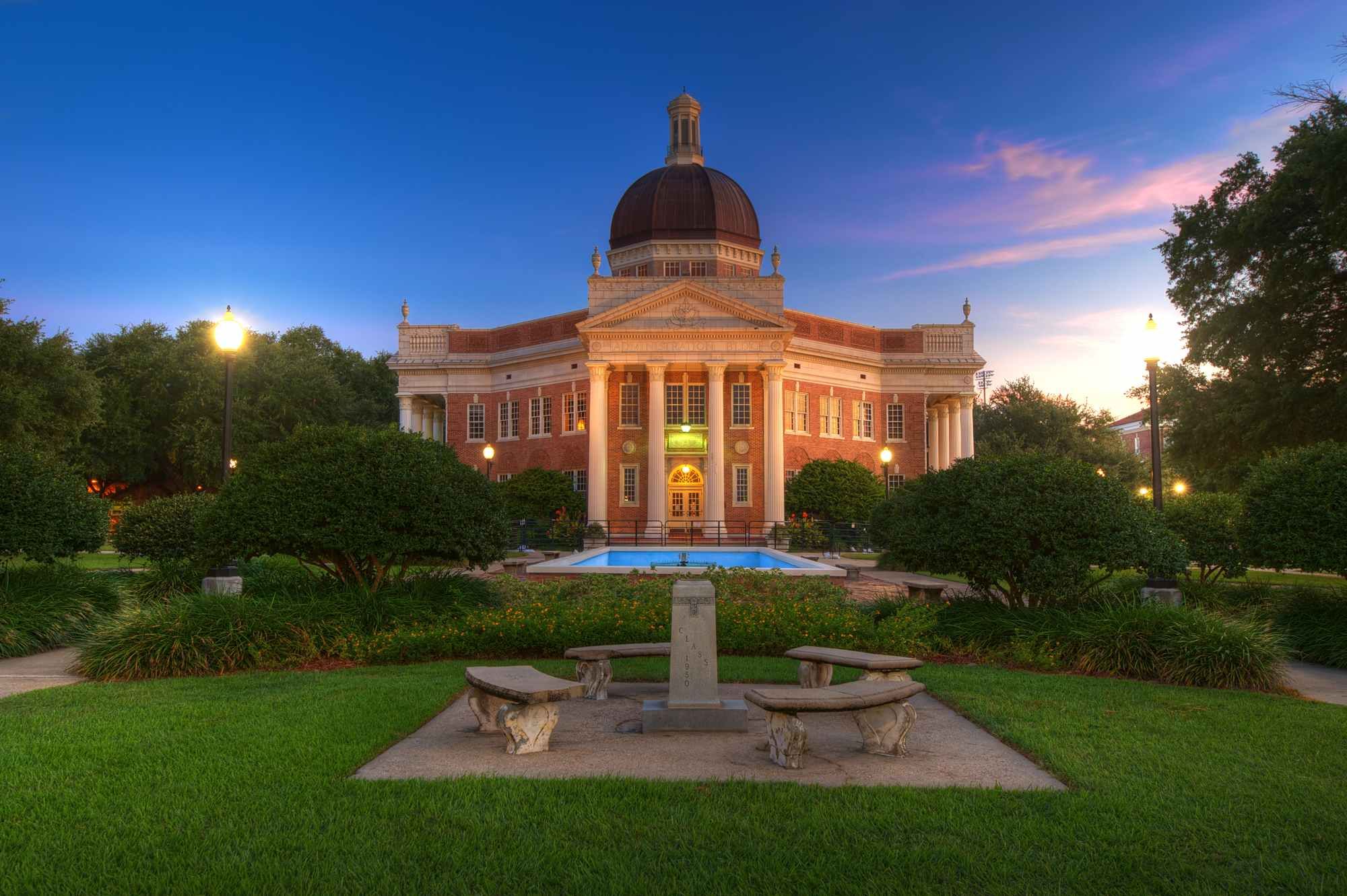
Education Secretary Betsy DeVos recently made major changes to the sexual assault rules on school campuses that critics argue protect the accused, take some liability away from schools, and may even deter survivors from pursuing claims.
A slew of groups have come forward to sue, hoping to block DeVos’s new sexual assault rules. These groups include students, women’s rights groups, and education groups. The National Women’s Law Center recently filed a lawsuit against Betsy DeVos and the Trump Administration’s Department of Education.
According to the lawsuit, the new sexual assault rules from the Department of Education are “a major blow to K–12 and college students seeking to learn in safe school environments. They reduce schools’ obligations to respond to sex-based harassment while turning the fewer investigations schools will conduct into mini-trials that are stacked against those who complain of sexual harassment.”
The National Women’s Law Center filed the lawsuit on behalf of four organizations that seek to represent student survivors of harassment and assault: Equal Rights Advocates (ERA), Victim Rights Law Center (VRLC), Legal Voice, and Chicago Alliance Sexual Exploitation (CAASE). The lawsuit alleges that Betsy DeVos’s new sexual assault rules are illegal due to violating the Administrative Procedure Act and the U.S. Constitution’s Equal Protection Clause.
Several students have joined the NWLC lawsuit to submit their fears about how these new rules would affect their own claims and the claims of students like them. The students include plaintiffs as young as ten-years-old, a fifth grader who is concerned that under these rules, her elementary school will not have to investigate and punish a classmate she alleges assaulted her four times in two months.
The New York Times reports that another student, a recent graduate of the University of California, Santa Barbara, says she decided not to formally report her rape at an off-campus location because she believed one of the new rules made her complaint ineligible. A former student at the University of California, Santa Cruz, currently has an open case with the school, and is afraid of facing her former professor at the live hearing—which will soon be mandatory under these new rules. Four more students with their own concerns about the new rules have also joined the lawsuit.

The NWLC’s lawsuit is one of several that have been filed since the new sexual assault rules were released on May 19. Others were filed by attorneys general from New York, a multi-state class action lawsuit including 17 states and the District of Columbia, and a lawsuit filed by the ACLU.
Education groups supporting the lawsuit—including two dozen higher education organizations supporting the New York suit—have also said that the upcoming enforcement date, Aug. 14, is unreasonable due to the ongoing coronavirus pandemic and the issue of schools reopening.
Several organizations, including the American Council on Education that represents 1,700 college presidents, argued that the 87 days to “restructure thousands of institutions-specific policies and procedures in order to comply with scores of new administrative mandates” is simply not enough time.
“A hasty rush to ‘get into compliance’ by Aug. 14 will almost assuredly negatively affect the quality of the policies and procedures that institutions scramble to craft in order to meet the arbitrarily set deadline,” the organization wrote. “College and university staffs are in a zero sum game in terms of their available bandwidth at this time.”
The Education Department, however, has stood by its original enforcement date.
“Schools have been on notice since 2017 that change was coming, and civil rights and due process cannot wait,” said the department in a statement. “We know schools can rise to the challenge of protecting all of their students. We know that institutions are still receiving Title IX complaints while students learn remotely, and to pretend otherwise would mean doing students a disservice.”
But the organizations suing the department claim that these new rules will place students in danger.
“The president has repeatedly shown that he doesn’t think sexual harassment is a serious matter, but his callousness now threatens our youngest and most vulnerable and could increase the likelihood of sexual harassment and abuse of students in schools,” said Letitia James, the New York attorney general, in a statement upon the announcement of the state’s suit.
The School Sexual Assault Lawsuit is Case No. 1:20-cv-11104, in the U.S. District Court for the District of Massachusetts.
This article is not legal advice. It is presented
for informational purposes only.
ATTORNEY ADVERTISING
Top Class Actions is a Proud Member of the American Bar Association
LEGAL INFORMATION IS NOT LEGAL ADVICE
Top Class Actions Legal Statement
©2008 – 2026 Top Class Actions® LLC
Various Trademarks held by their respective owners
This website is not intended for viewing or usage by European Union citizens.
E-mail any problems with this form to:
[email protected].
Oops! We could not locate your form.












